 |
 |
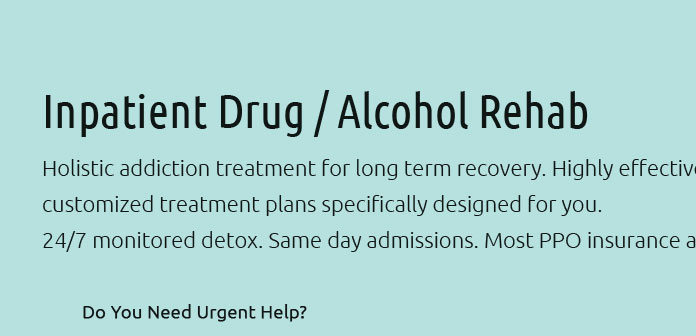 |
 |
 |
 |
||
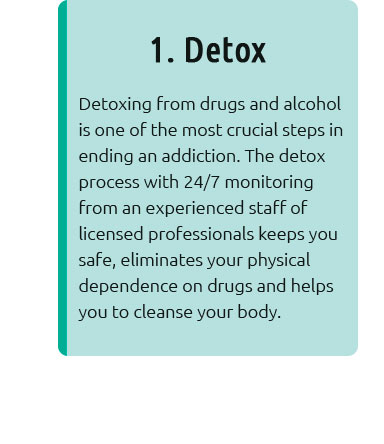 |
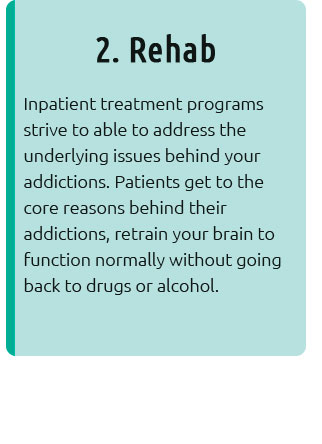 |
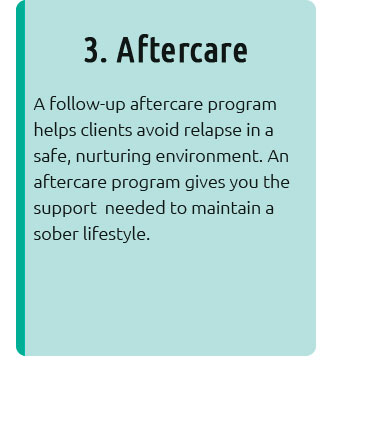 |
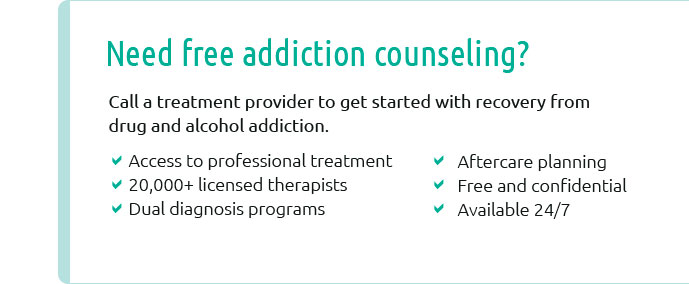 |
 |
 |
 |
||
 |
||
 |
||
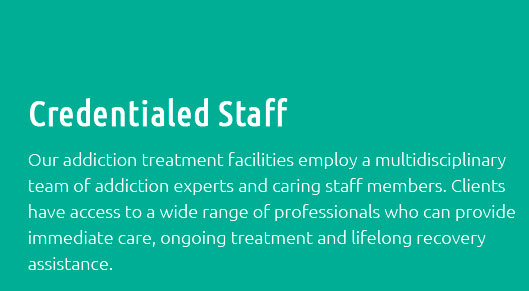 |
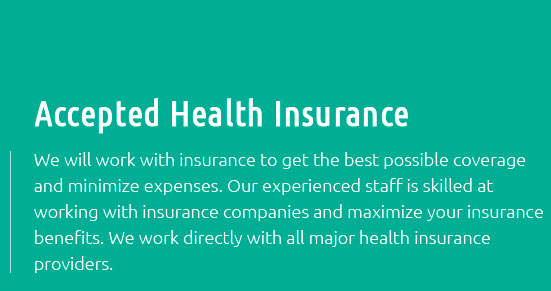 |
 |
|
 |
|
|
Welcome to a transformative journey at our state-of-the-art clinic drug rehabilitation, where inpatient drug and alcohol rehab meets compassionate care and cutting-edge treatment; here, recovery is not just a goal-it's a promise that embraces your potential for a brighter tomorrow, driven by a dedicated team committed to empowering you every step of the way, as we shatter the chains of addiction with personalized strategies, holistic therapies, and a nurturing environment designed to heal, inspire, and renew; it's time to reclaim your life with courage, confidence, and the unwavering support of experts who believe in the power of change and the resilience of the human spirit.
https://www.mayoclinic.org/diseases-conditions/drug-addiction/care-at-mayo-clinic/mac-20365117
Drug addiction affects your brain and behavior to the point where you can't control your use of legal or illegal drugs, even when you know ... https://recovery.org/drug-alcohol-rehab/boise-id/
Boise alcohol and drug inpatient rehabs near me. Find out more about outpatient, detox centers, addiction treatment programs and insurance coverage in Boise ... https://moonlightmountainrecovery.com/boise/
Outpatient Rehab in Boise ID. In addition to our inpatient rehab and recovery programs, we also offer comprehensive outpatient treatment for alcohol and drug ...
|